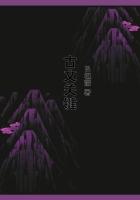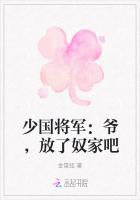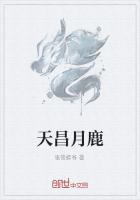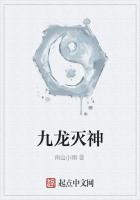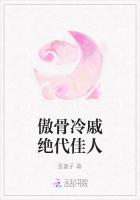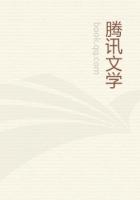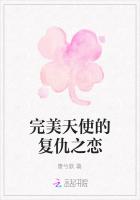What Ward complained of was the Doctor's lack of logic, not his lack of faith. Could he not see that if he really carried out his own principles to a logical conclusion he would eventually find himself, precisely, in the arms of Strauss? The young man, whose personal friendship remained unshaken, determined upon an interview, and went down to Rugby primed with first principles, syllogisms, and dilemmas. Finding that the headmaster was busy in school, he spent the afternoon reading novels on the sofa in the drawing-room. When at last, late in the evening, the Doctor returned, tired out with his day's work, Ward fell upon him with all his vigour. The contest was long and furious; it was also entirely inconclusive. When it was over, Ward, with none of his brilliant arguments disposed of, and none of his probing questions satisfactorily answered, returned to the University to plunge headlong into the vortex of the Oxford Movement; and Dr.
Arnold, worried, perplexed, and exhausted, went to bed, where he remained for the next thirty-six hours.
The Commentary on the New Testament was never finished, and the great work on Church and State itself remained a fragment. Dr.
Arnold's active mind was diverted from political and theological speculations to the study of philology, and to historical composition. His Roman History, which he regarded as 'the chief monument of his historical fame', was based partly upon the researches of Niebuhr, and partly upon an aversion to Gibbon. 'My highest ambition,' he wrote, 'is to make my history the very reverse of Gibbon in this respect, that whereas the whole spirit of his work, from its low morality, is hostile to religion, without speaking directly against it, so my greatest desire would be, in my History, by its high morals and its general tone, to be of use to the cause without actually bringing it forward.' These efforts were rewarded, in 1841, by the Professorship of Modern History at Oxford. Meanwhile, he was engaged in the study of the Sanskrit and Slavonic languages, bringing out an elaborate edition of Thucydides, and carrying on a voluminous correspondence upon a multitude of topics with a large circle of men of learning. At his death, his published works, composed during such intervals as he could spare from the management of a great public school, filled, besides a large number of pamphlets and articles, no less than seventeen volumes. It was no wonder that Carlyle, after a visit to Rugby, should have characterised Dr. Arnold as a man of 'unhasting, unresting diligence'.
Mrs. Arnold, too, no doubt agreed with Carlyle. During the first eight years of their married life, she bore him six children; and four more were to follow. In this large and growing domestic circle his hours of relaxation were spent. There those who had only known him in his professional capacity were surprised to find him displaying the tenderness and jocosity of a parent. The dignified and stern headmaster was actually seen to dandle infants and to caracole upon the hearthrug on all fours. Yet, we are told, 'the sense of his authority as a father was never lost in his playfulness as a companion'. On more serious occasions, the voice of the spiritual teacher sometimes made itself heard.
An intimate friend described how 'on a comparison having been made in his family circle, which seemed to place St. Paul above St. John,' the tears rushed to the Doctor's eyes and how, repeating one of the verses from St. John, he begged that the comparison might never again be made. The longer holidays were spent in Westmorland, where, rambling with his offspring among the mountains, gathering wild flowers, and pointing out the beauties of Nature, Dr. Arnold enjoyed, as he himself would often say, 'an almost awful happiness'. Music he did not appreciate, though he occasionally desired his eldest boy, Matthew, to sing him the Confirmation Hymn of Dr. Hinds, to which he had become endeared, owing to its use in Rugby Chapel. But his lack of ear was, he considered, amply recompensed by his love of flowers:
'they are my music,' he declared. Yet, in such a matter, he was careful to refrain from an excess of feeling, such as, in his opinion, marked the famous lines of Wordsworth:
'To me the meanest flower that blows can give Thoughts that do often lie too deep for tears.'
He found the sentiment morbid. 'Life,' he said, 'is not long enough to take such intense interest in objects in themselves so little.' As for the animal world, his feelings towards it were of a very different cast. 'The whole subject,' he said, 'of the brute creation is to me one of such painful mystery, that I dare not approach it.' The Unitarians themselves were a less distressing thought.
Once or twice he found time to visit the Continent, and the letters and journals recording in minute detail his reflections and impressions in France or Italy show us that Dr. Arnold preserved, in spite of the distractions of foreign scenes and foreign manners, his accustomed habits of mind. Taking very little interest in works of art, he was occasionally moved by the beauty of natural objects; but his principal preoccupation remained with the moral aspects of things. From this point of view, he found much to reprehend in the conduct of his own countrymen. 'I fear,' he wrote, 'that our countrymen who live abroad are not in the best possible moral state, however much they may do in science or literature.' And this was unfortunate, because 'a thorough English gentleman--Christian, manly, and enlightened--is more, I believe, than Guizot or Sismondi could comprehend; it is a finer specimen of human nature than any other country, I believe, could furnish'. Nevertheless, our travellers would imitate foreign customs without discrimination, 'as in the absurd habit of not eating fish with a knife, borrowed from the French, who do it because they have no knives fit for use'.

